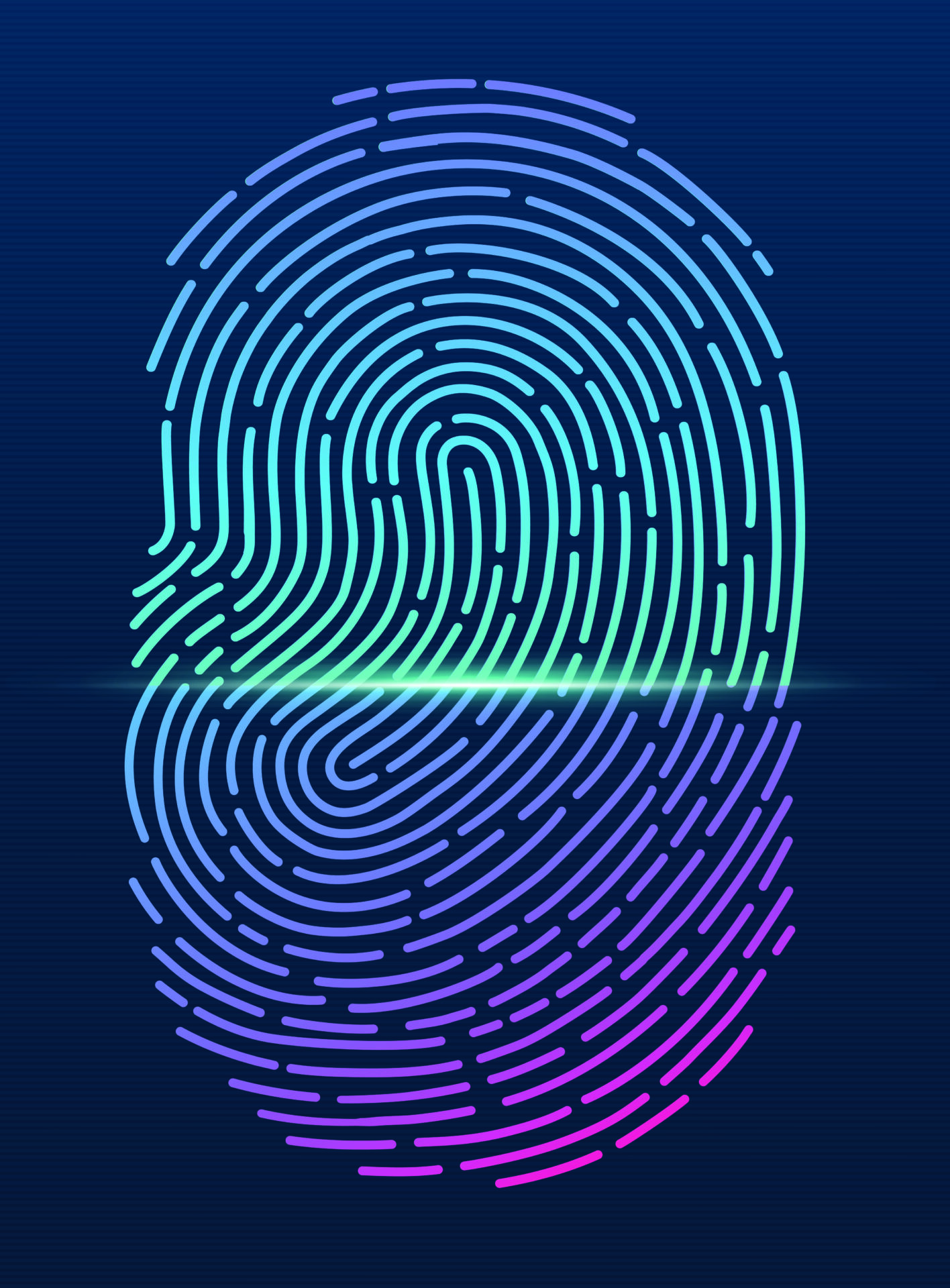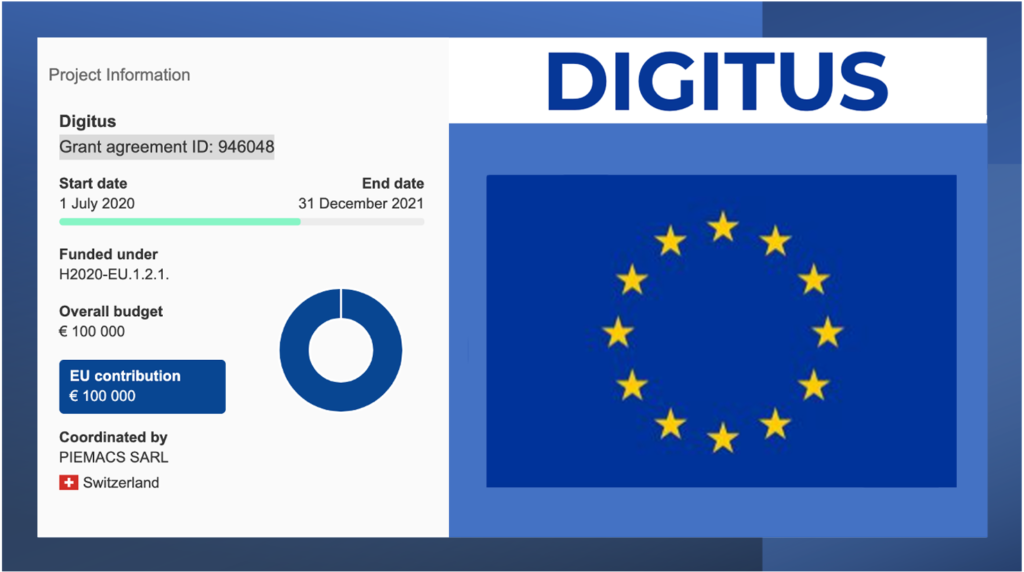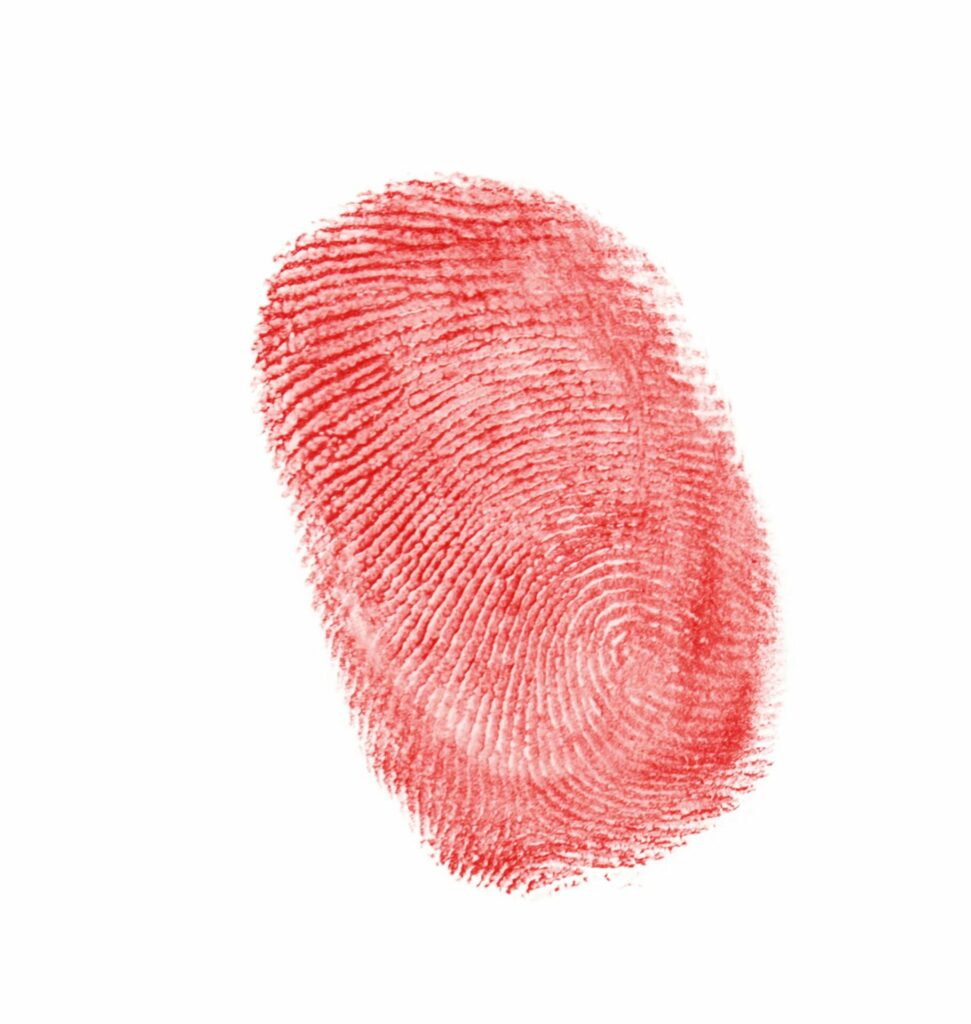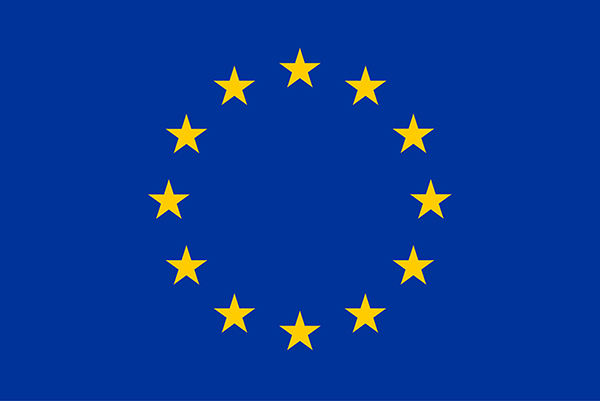ECONOMIC IMPACT.
The business opportunity for the DIGITUS product is huge, as the global authentication market was worth 16 B$ in 2018 and is predicted to reach 24 B$ by 2024. Fingerprinting sensors are the most relevant segment of this market, valued 3.5 B$ in 2019 and predicted to grow up to 7.1 B$ by 2024 at a compounded annual growth rate of 15.3%, driven by the extensive use of digital authentication in consumer devices and the strong penetration of biometric authentication by industry and governments.
The main application domains that would benefit from DIGITUS are Consumer Electronics, Banking & Finance, Government & Law Enforcement, Commercial, Smart Homes. All such industrial verticals are basically searching for solutions that are easy to use, secure and accurate.
The potential for economic return and job creation is huge and will be analysed in detail in the business plan to be delivered by the end of the project.
SOCIETAL BENEFITS.
People will benefit from seamless user experience and reduced identity spoofing, which is crucial since payment and banking apps are increasingly using the authentication from a fingerprint sensor to authorise operations.
In fact, the availability of a system like DIGITUS is poised to ensure utmost security, particularly due to its capacity to discriminate live from dead fingers which is impossible with alternative technologies, and has not been implemented in products currently using pMUT technology.
Fingerprint spoofing are a serious concern for people and governments, due to privacyconcerns but also for the fear of unauthorised financial transactions. Among the records were some 5.6 million fingerprint images, including those from undercover agents. This created a serious problem because fingerprint scanning is used to gain access to secure government accounts and facilities, and unlike passwords and PINs, cannot be changed after a breach is detected. DIGITUS is expected to make access control safer, particularly for applications where fake fingerprints are used.








